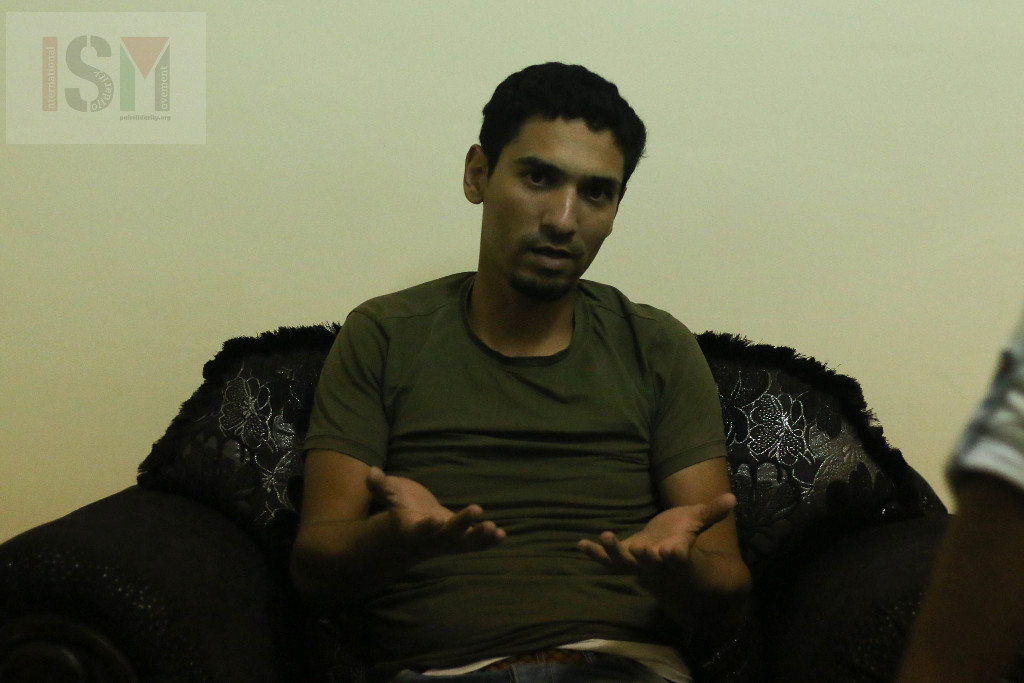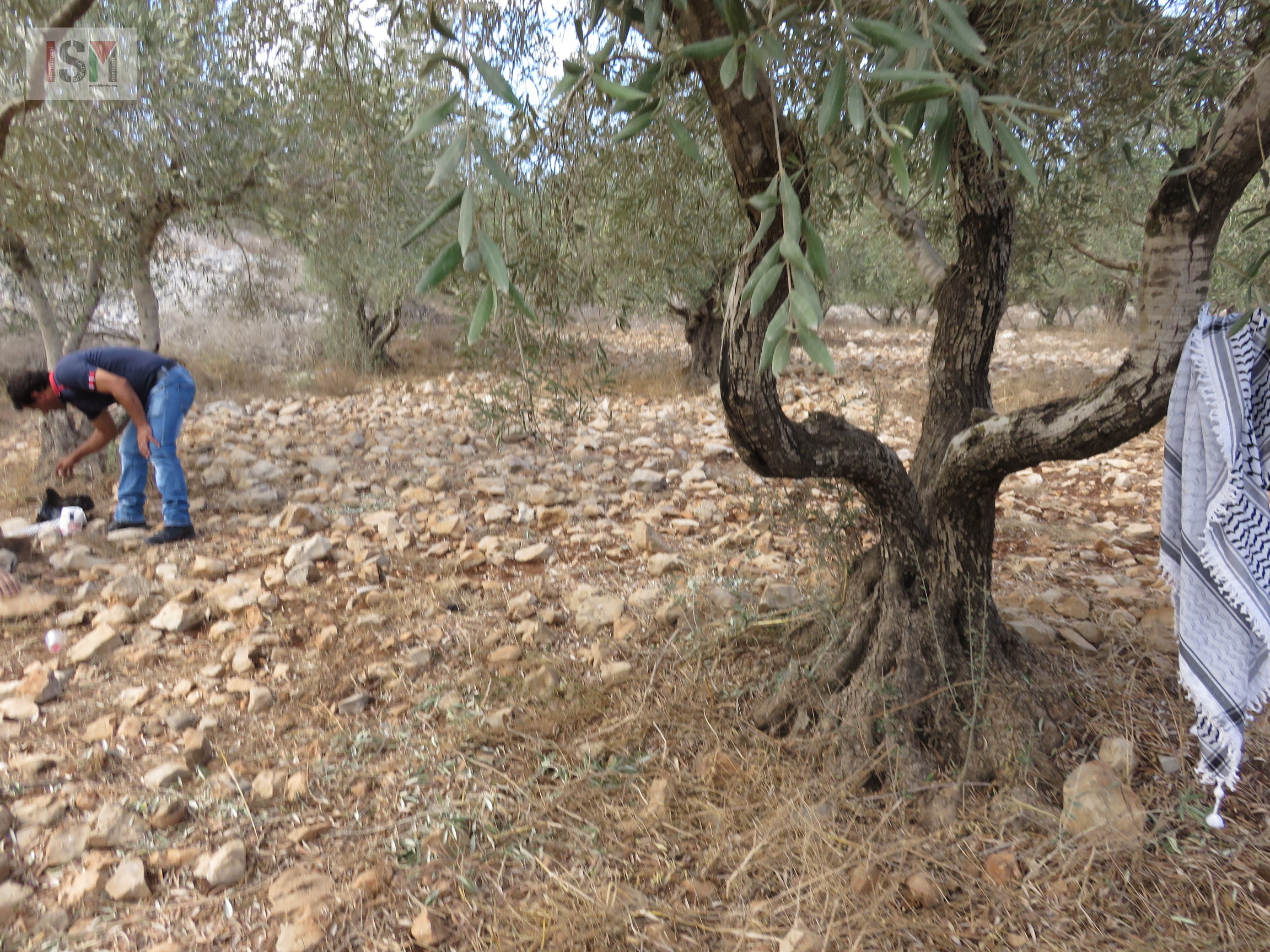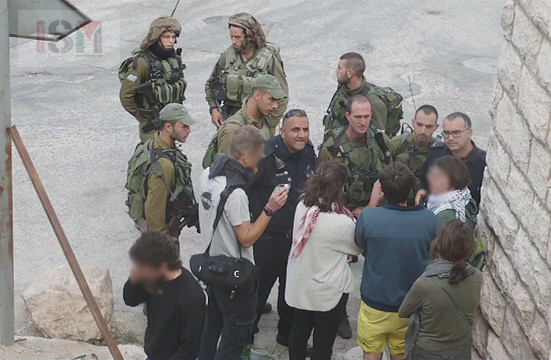Tag: Arrests
-
Punished for his work: medic Ahmad Nasser describes his recent arrest
November 10th, 2015 | International Solidarity Movement, Huwarra Team | Ramallah, Occupied Palestine In the early morning of November 2nd 2015, Ahmad Nasser was kidnapped by Israeli forces from his home near Ramallah. He was accused of attempting to kill soldiers by throwing stones and molotov cocktails, and was released without charge 15 hours later. He was…
-
Help ISM continue our work!
Friends, the last month has been a morbid display of Israeli force in the Occupied Palestinian Territories. The number of killings, injuries, and arrests of Palestinians is rising so rapidly that it is becoming increasingly difficult to clarify one extrajudicial execution from another. Two of these murders of unarmed youth occurred directly in front of…
-
International human rights defenders arrested and evicted while “Hebron is becoming ghettoized”
4th November 2015 | International Solidarity Movement, al-Khalil team | Hebron, occupied Palestine Two international human rights defenders were arrested in Hebron (al-Khalil) yesterday morning, November 3rd, while six others were ordered to leave an apartment in the H2 neighbourhood of Tel Rumeida by threat of arrest. The German and American nationals were arrested at…



